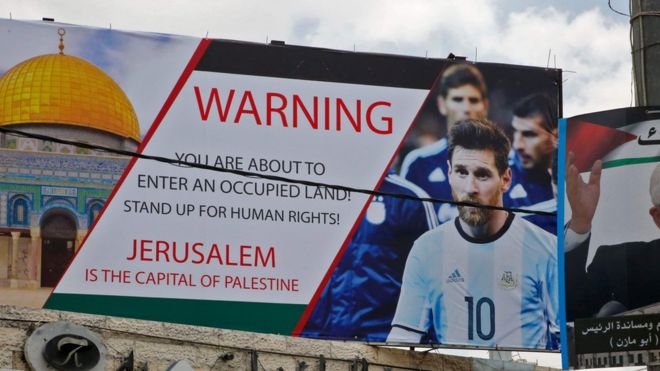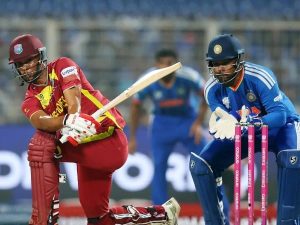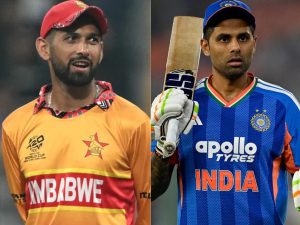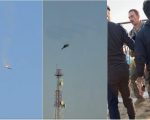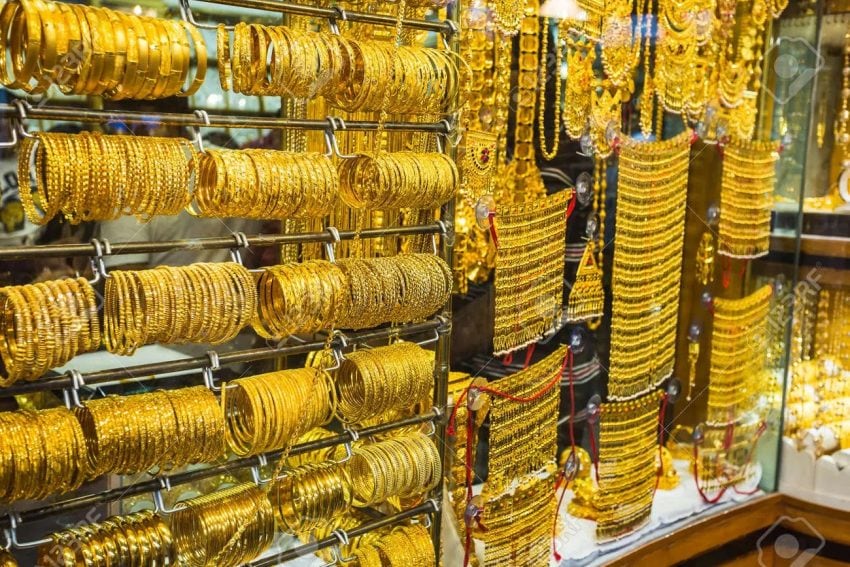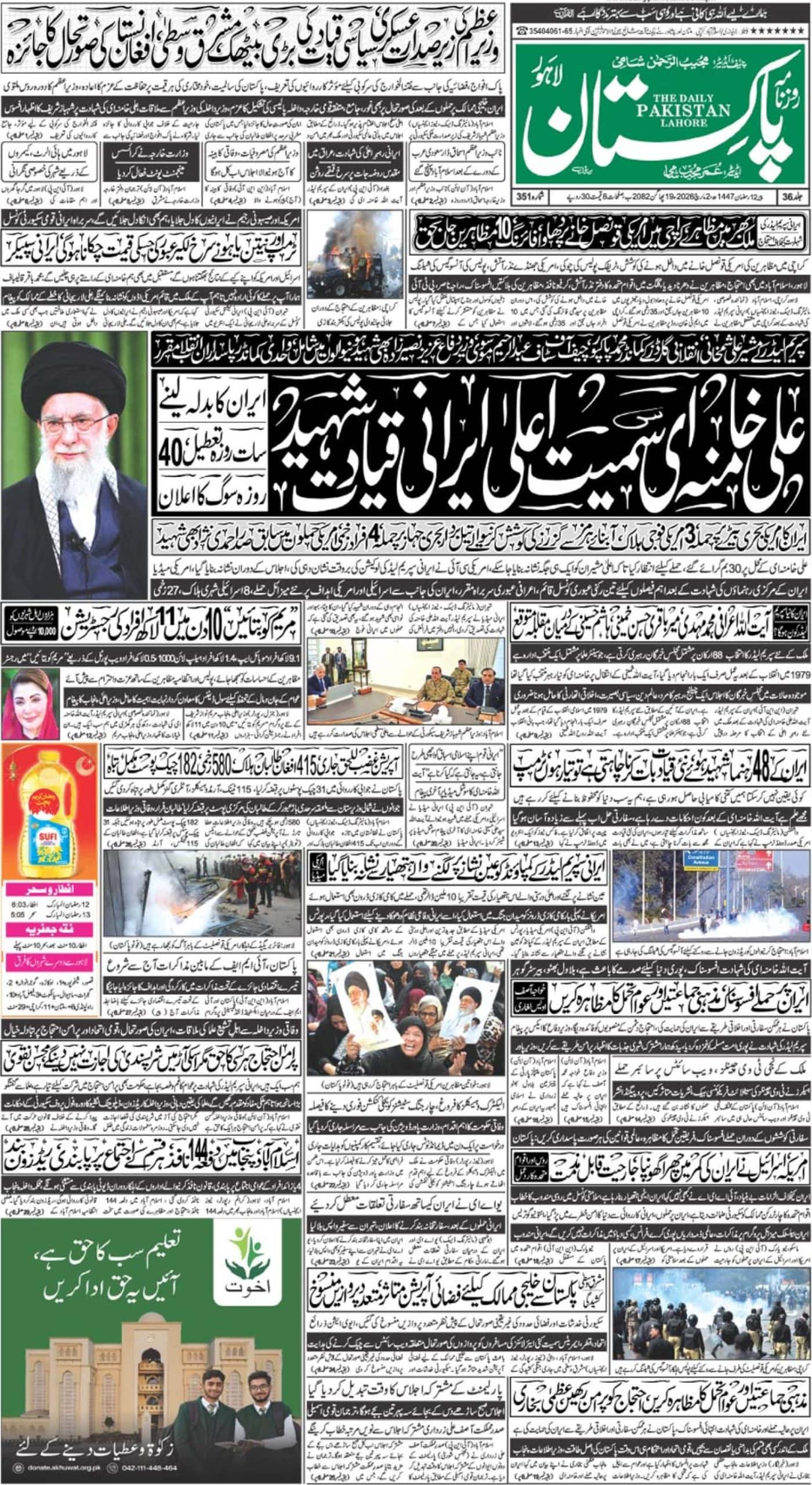LONDON – Argentina has cancelled a World Cup warm-up match with Israel, apparently under political pressure over Israel’s treatment of Palestinians in Gaza.
Striker Gonzalo Higuain said they had “finally done the right thing”. But Israel’s defence minister said it was “too bad” Argentina’s footballers did not “withstand the pressure of the Israeli-hating inciters”.
“We will not yield before a pack of anti-Semitic terrorist supporters,” Avigdor Lieberman tweeted.
The Israeli Embassy in Argentina tweeted to confirm that the football friendly between the two countries was off.
Media reports say Israeli Prime Minister Benjamin Netanyahu called Argentine President Mauricio Macri in an attempt to salvage the friendly tie, due to be played in Jerusalem on Saturday.
News of the cancellation was met with cheers in Gaza, where at least 120 Palestinians were killed by Israeli forces during recent protests.
In Ramallah in the West Bank, the Palestinian football association issued a statement thanking Argentina striker Lionel Messi and his colleagues for the cancellation.
“Values, morals and sport have secured a victory today and a red card was raised in Israel through the cancellation of the game,” said chairman Jibril Rajoub, quoted by Reuters news agency.
Mr Rajoub, who had before the reported cancellation called for Palestinians to burn replica shirts and pictures of Messi, announced that he would hold a press conference on Wednesday.
The campaign group Avaaz, which had called for the game to be cancelled, praised what it called a “brave ethical decision”.
“This proves Argentina understands there is nothing friendly about playing in Jerusalem when just miles away from Israeli snipers are shooting unarmed protesters,” said Alice Jay, campaign director at Avaaz.
Israel said its snipers had only opened fire in self-defence or on people trying to infiltrate its territory under cover of the protests orchestrated by the Hamas militant group, which runs Gaza.
The match, which was to be Argentina’s final game before the start of their World Cup campaign in Russia later this month, was set to be played at a stadium in West Jerusalem.
The status of Jerusalem is highly sensitive. Israel regards Jerusalem as its “eternal and undivided” capital. Palestinians see the eastern part of the city as the capital of a future Palestinian state and were angered by a decision to relocate the game there from Haifa.
Last month, US President Donald Trump infuriated Palestinians with his recent decision to move the US embassy from Tel Aviv to Jerusalem, recognising the city as the capital of Israel.

